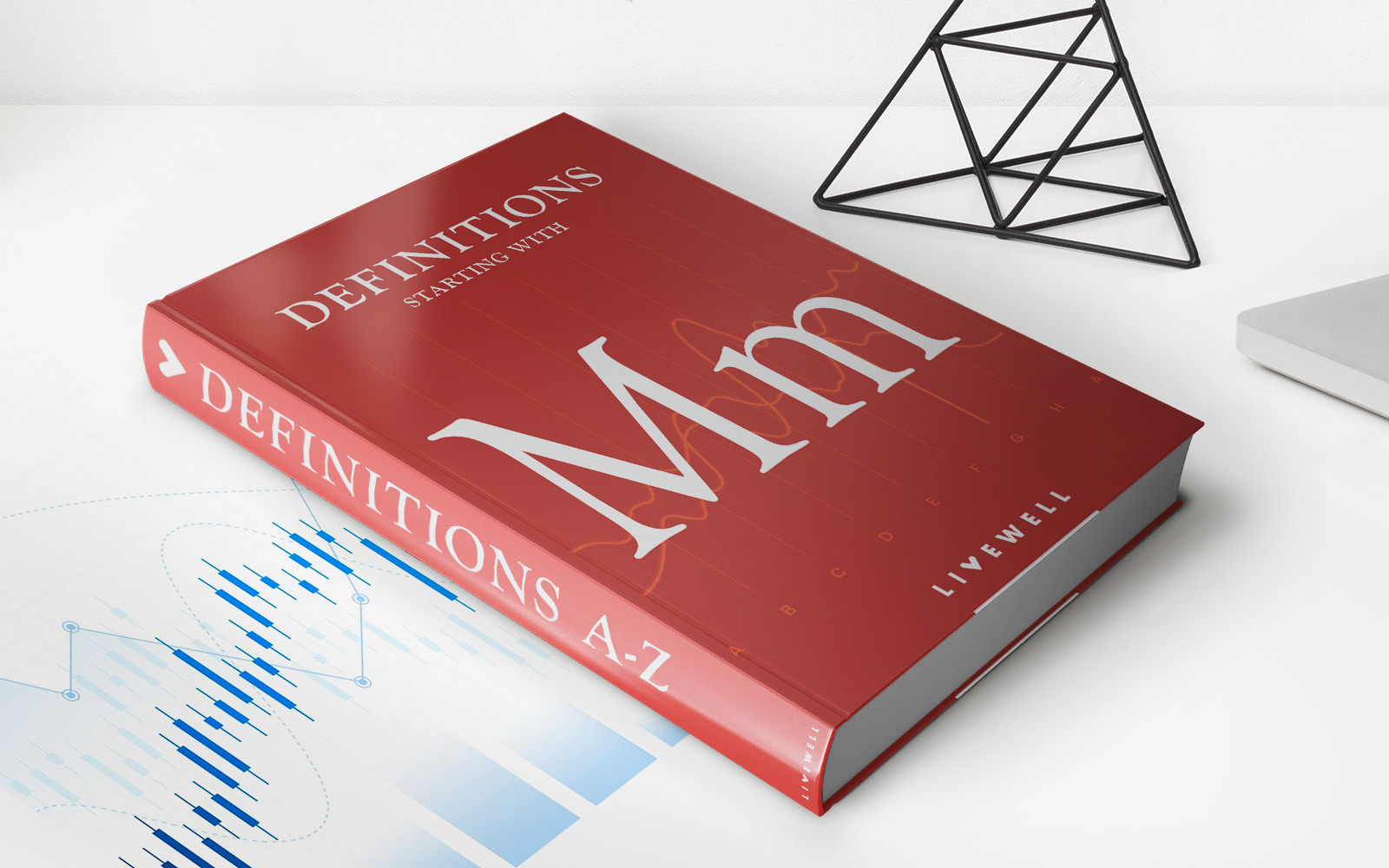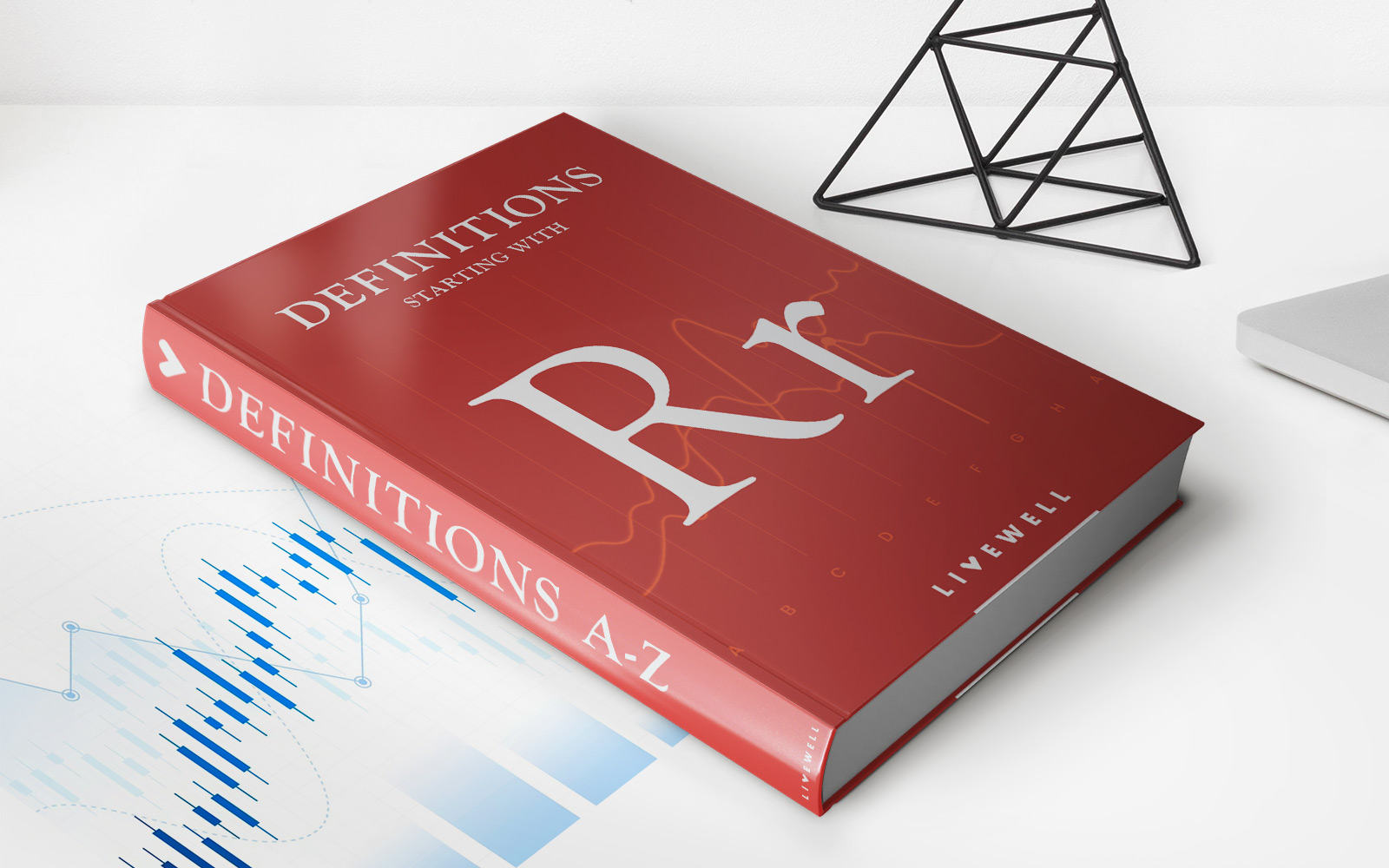Home>Finance>Convertible Security: Definition, How It Works, Example


Finance
Convertible Security: Definition, How It Works, Example
Published: November 2, 2023
Learn the definition, working mechanism, and see an example of convertible security in the field of finance. Gain insights into this financial instrument.
(Many of the links in this article redirect to a specific reviewed product. Your purchase of these products through affiliate links helps to generate commission for LiveWell, at no extra cost. Learn more)
Unlocking the Power of Convertible Securities: A Guide to Understanding and Utilizing this Financial Instrument
Welcome to the world of finance, where opportunities for growth and investment abound. As part of our ongoing exploration of various financial tools and strategies, today we delve into the realm of convertible securities. But what exactly are convertible securities, how do they work, and what real-world examples can we draw from? Let’s uncover the answers and unlock the potential of this intriguing investment option.
Key Takeaways:
- Convertible securities are hybrid financial instruments that offer investors the flexibility to convert their ownership stake into a different type of security, typically common stock.
- These securities are often issued by companies as an alternative method of raising capital while providing investors with an opportunity to benefit from potential equity gains.
Imagine having a financial instrument that combines the best features of two worlds – the security of a bond and the growth potential of a stock. This is exactly what convertible securities bring to the table. So, let’s dive in and explore them in more detail:
What are Convertible Securities?
Convertible securities, or simply “convertibles,” are a category of hybrid financial instruments that possess characteristics of both debt and equity. These securities are typically issued by companies with the aim of raising capital, while simultaneously providing investors the option to convert their ownership stake into common stock.
When you invest in a convertible security, you are essentially buying a fixed-income instrument, such as a bond or a preferred stock, that can be converted into a predetermined number of shares of the issuing company’s common stock. This option to convert provides you with the potential to participate in any future upside and financial success of the company.
Convertibles offer benefits to both investors and issuers. From an investor’s perspective, they provide an opportunity to earn interest income, receive periodic coupon payments, and potentially benefit from equity appreciation. For companies, issuers gain access to capital through the issuance of the convertible securities, which often have more favorable terms compared to traditional debt instruments. Furthermore, convertibles allow companies to tap into the investor appetite for growth potential.
How Do Convertible Securities Work?
Now that we understand the basic concept of convertible securities, let’s explore how they work in practice.
When a company issues a convertible security, it sets the terms and conditions, such as the conversion price, conversion ratio, and maturity date. The conversion price is the predetermined price at which the convertible can be exchanged for common shares, while the conversion ratio specifies the number of shares you will receive for each convertible security.
During the specified conversion period, which can vary depending on the terms set by the issuer, you, as the investor, have the option to convert the security into common shares. If the company’s stock price rises above the conversion price, the convertible becomes more valuable, giving you the opportunity to convert and benefit from the equity gain. Alternatively, if the company’s stock price remains below the conversion price, you can choose to hold onto the convertible and receive its fixed-income benefits until maturity.
It’s essential to note that the precise terms and conditions of convertible securities can vary, so it’s crucial to carefully analyze the specific terms of each offering before investing.
An Example of Convertible Securities
Let’s bring the concept of convertible securities to life with an example:
Imagine Company XYZ, a startup in the tech industry, is looking to raise capital to fund its expansion plans. Instead of issuing traditional bonds or obtaining a bank loan, the company decides to issue $10 million worth of convertible bonds due in five years. The convertible bonds have a conversion price of $50 and a conversion ratio of 20:1, meaning that each convertible bond can be converted into 20 shares of common stock.
If you were to invest $1,000 in these convertible bonds, you would receive 20 convertible bonds. As an investor, you have the flexibility to hold onto the convertible bonds and earn interest income until maturity or convert them into common shares anytime during the conversion period.
Now, suppose that after two years, Company XYZ experiences significant growth, and its stock price rises to $75 per share. At this point, you decide to convert your convertible bonds into common shares.
Based on the conversion ratio, your 20 convertible bonds would be converted into 400 shares of Company XYZ’s common stock. With the stock price at $75, the value of your investment would be $30,000 ($75 per share x 400 shares).
By leveraging the potential growth of the company, you have unlocked substantial gains through the strategic use of convertible securities.
Conclusion
Convertible securities combine the stability of fixed-income instruments with the growth potential of equities, making them an attractive option for both investors and companies. By understanding how these financial instruments work and considering their potential benefits, you can leverage convertible securities to enhance your investment portfolio.
Remember, the terms and conditions of convertible securities can vary significantly, so it’s crucial to conduct thorough research and analysis before making any investment decisions. As always, seeking guidance from a financial advisor or expert can provide invaluable support in navigating the world of convertible securities and maximizing your potential returns.














